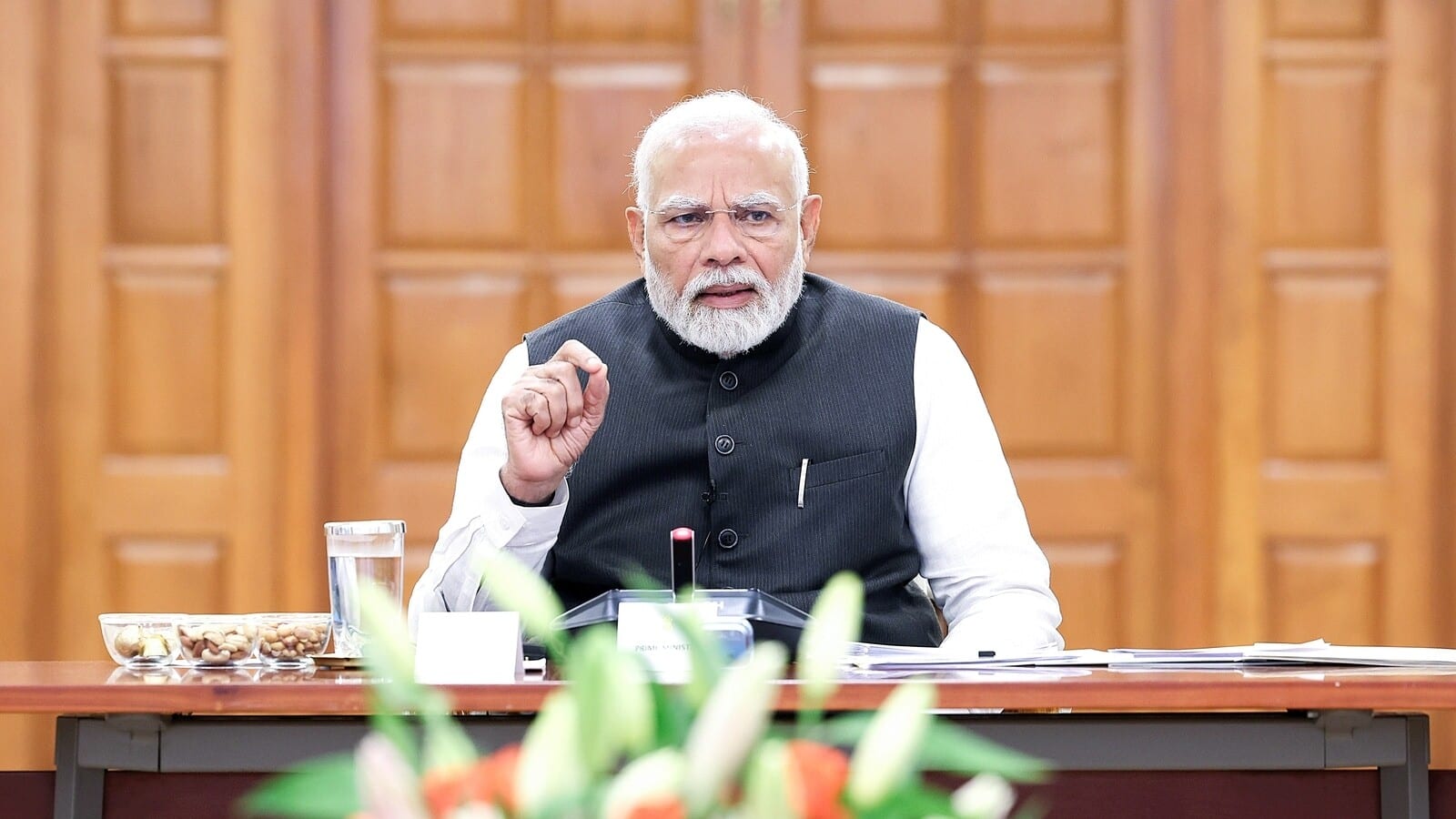
'One Nation, One Election': Modi flags efficiency, critics cry federalism
What's the story
Union Law Minister Arjun Ram Meghwal on Tuesday introduced two key bills in the Parliament.
The Constitution (129th Amendment) Bill and the Union Territories Laws (Amendment) Bill seek to implement the "One Nation, One Election" (ONOE) proposal.
The simultaneous poll initiative aims to synchronize the Lok Sabha, state assembly, and local body elections every five years.
Efficiency argument
Government argues ONOE will enhance governance efficiency
The government has maintained that the ONOE will improve governance efficiency.
Prime Minister Narendra Modi has been advocating for simultaneous elections since 2014, claiming that frequent elections hamper governance and burden resources.
The Model Code of Conduct, which comes into force during elections, halts policymaking and is viewed by the government as a hurdle to uninterrupted governance.
Report recommendation
Law Commission's 2018 report recommended constitutional amendments
The Law Commission's 2018 report recommended constitutional amendments for synchronized elections.
A high-level committee headed by former President Ram Nath Kovind had backed the view, recommending that existing assemblies be dissolved at the next general election to align cycles.
However, critics say ONOE endangers India's federal structure with Congress MP Manish Tewari calling it a "threat to the Constitution's federal structure."
Procedural hurdles
Bills face procedural challenges in Parliament
The bills face procedural hurdles in Parliament as they need a two-thirds majority in both Houses for passage.
The Bharatiya Janata Party-led National Democratic Alliance currently doesn't have the majority.
Further, state ratification is needed for constitutional amendments impacting local bodies.
The bills have now been sent to a Joint Parliamentary Committee for further discussion, giving time to build consensus among parties.